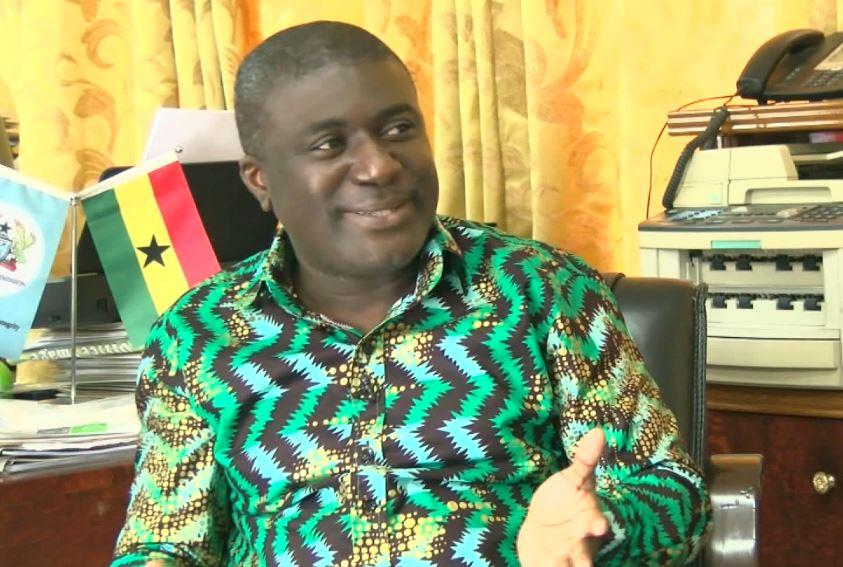The Deputy Chairperson of the Electoral Commission in charge of Administration, Dr. Eric Bossman Asare, has emphasized the need for greater accountability and transparency in the sources of funding for political parties in Ghana to ensure the healthy growth of the country’s democracy.
The conference was organized by Transparency International Ghana in collaboration with its German counterpart, Transparency International Germany, with policy support from the Centre for Democratic Development (CDD-Ghana).
The gathering brought together officials of political parties, civil society organizations, academics, policymakers, and selected journalists to deliberate on sustainable ways of funding political parties in Ghana and how to instill principles of accountability and transparency in those transactions.
Delivering the keynote address at the Conference on Political Party Financing in Accra, Dr. Asare revealed that a number of political parties in the country struggle to account for funds used to run political campaigns and other related activities. This, he noted, is contrary to existing laws that require the Electoral Commission to monitor how money is spent during electioneering periods.
To address this, the Electoral Commission has been organizing workshops to train political parties and their officers on prudent ways to account for funds received to support their operations.
“Article 55 of the 1992 Constitution is very clear on what the law expects of the Electoral Commission and political parties when it comes to political party financing, and we are committed to sticking to that same code,” Dr. Asare noted.
Ghana has operated as a multiparty democracy since 1992, but according to Dr. Asare, the biggest challenge for the EC is the inability of most smaller parties to consistently submit audited accounts to the Commission, unlike the two major parties— the NDC and the NPP.
“Normally, we are forced to apply a human face in managing the situation, instead of rigidly enforcing the law. Otherwise, the country risks calling itself a multiparty democracy when, in practice, it functions more like a two-party state, especially looking at the performance of political parties in general elections,” he observed.
As a strategic measure, the EC has partnered with reputable civil society organizations to educate political party officers on internationally recognized bookkeeping standards. This initiative, ongoing since 2018, is meant to improve diligence and transparency in how parties manage financial resources for their projects and programs.
Dr. Asare also urged the public and political party officials to adhere to due processes and legal procedures in order to consolidate Ghana’s enviable reputation as a beacon of peace, security, and democracy on the continent.
“Ghana’s place as a thriving democracy in Africa is not in doubt. After over 30 years of institution-building, there must now be a conscious effort by the public to hold political parties accountable to the rules and regulations governing elections in this country,” he said.
In 2020, the Electoral Commission took the difficult decision to delist over 12 political parties from its register for blatant disregard of the requirements outlined in the 1992 Constitution to qualify as legal political entities in Ghana.
“Our 30 years of experience as a democracy must be reflected in how we practice and understand politics. Elections should not be treated merely as a means to an end, while we disregard the safeguards of our democratic system,” he added.
Dr. Asare affirmed the Commission’s commitment to playing its impartial and constitutional role to enhance Ghana’s political system and promote the collective aspirations of all Ghanaians, both at home and abroad.
The conference aimed to collect input and policy recommendations from stakeholders to help sanitize the conduct of public elections in Ghana and to prevent illicit financial inflows from influencing the country’s democratic processes.
–
Story by Sika Togoh |univers.ug.edu.gh





